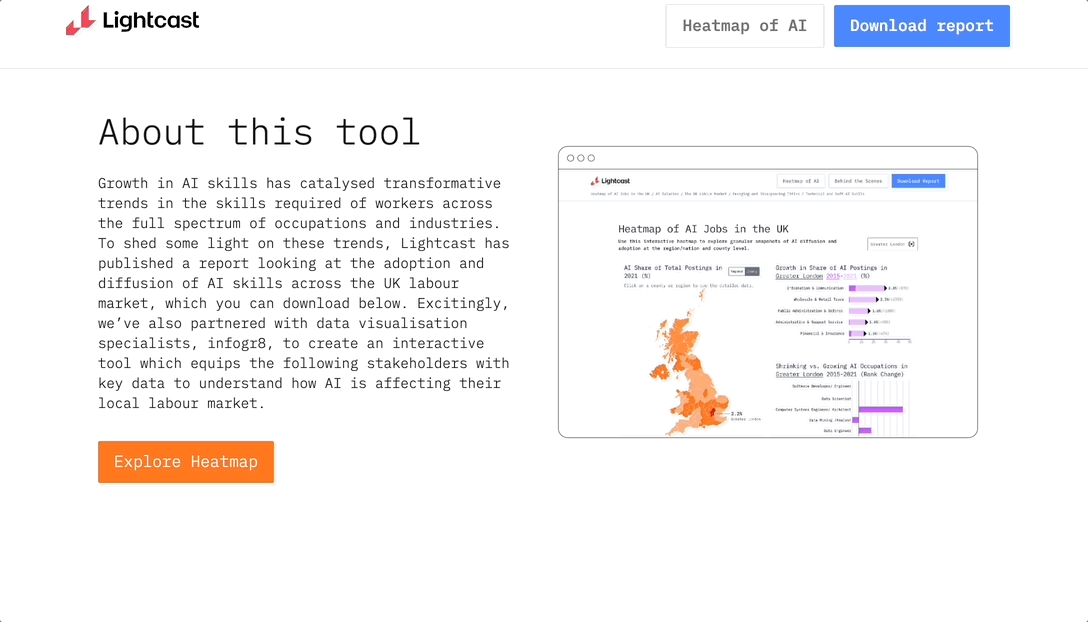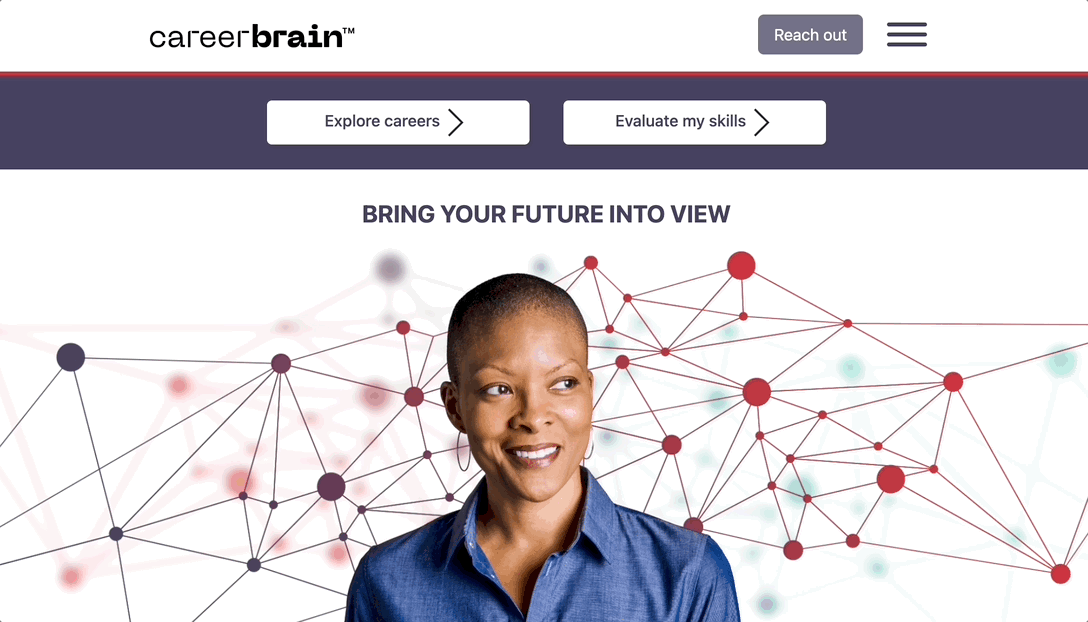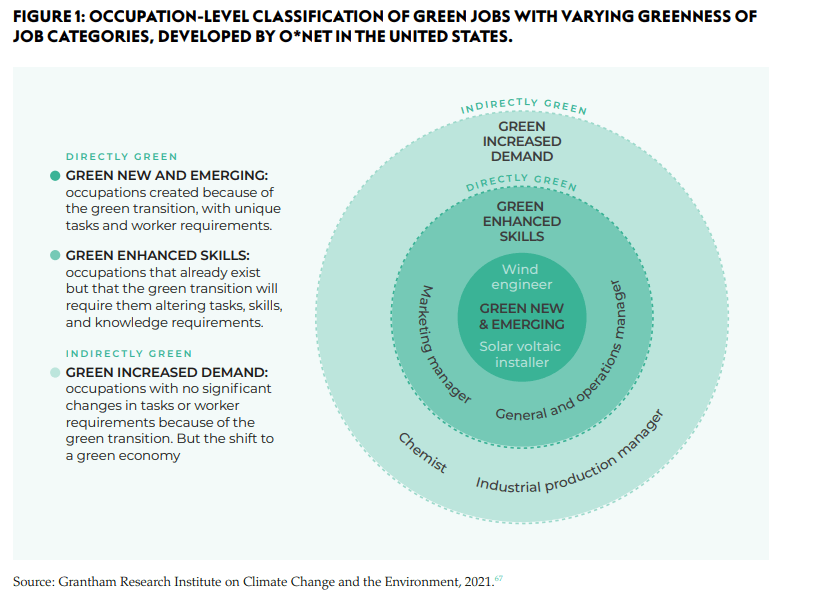 Insight Skills-based hiring: The solution to big tech layoffs?
Insight Skills-based hiring: The solution to big tech layoffs?
HR in big tech has had a boom-bust feel of late. First, firms scrambled to take on more staff in an attempt to head off the predicted new normal post-covid. After the mass hiring came a wave of mass firing as their predictions proved unfounded.
Another impact of the pandemic is the accelerated jump towards skills-based hiring. And I think that’s a good thing, especially when it comes to getting tech specialists back to work in new roles and emerging fields.
As ever, the devil is in the data.

How skills-based hiring can benefit those affected by the tech layoffs
Skills-based hiring is an objective means of finding the right talent. It has fast become a universally-recognised means of developing talent as well, whether in educational settings or in the workplace.
Workers with a tech background will be thinking how they can apply their skills in new industries. Skills-based hiring enables this transition much more accurately.
But which skills are in demand, and which emerging areas can tech professionals look to in search of new opportunities?
1. AI and machine learning
AI is on the charge. According to Statista, while Netflix took 3.5 years to reach 1 million users, it took just 5 days for ChatGPT to do the same. New roles like prompt engineer are commanding mammoth salaries. And all this in the context of the huge tech layoffs in recent months – a symptom of unsustainable demand during the pandemic.
Late last year, we worked with our partner Lightcast to produce a ‘state of the union’ picture of the AI labour landscape in the UK. Our findings include the key in-market skills required, as well as the emerging (and disappearing) job titles to watch out for.

The interactive report also shows the salary premium that individuals in various roles can expect by adding AI to their skills base (e.g. +£14,800 for a marketing specialist with AI skills).
Elsewhere, our MVP tool CareerBrain.ai uses AI and big data to understand the user’s skill-sets, then presents matches with top trending roles in the job market. Watch out for our next release in May, which brings 10x more data inputs into the mix.

2. The green economy
Analysts have pointed to a rare reason to be positive about the war in Ukraine: Europe’s dependency on Russian oil and gas has jump-started the much-needed transition to renewable energy sources.
My parallel take is that the continued uncertainty in the labour market will accelerate the transition to green careers. In its report on ‘Skills for a new economy’, the New Economics Foundation highlights the education and skills development needed to address the significant green skills gap in the UK in pursuit of net zero and a levelled-up society.

Another area where green skills are desperately needed is in corporate communications. This is especially true given the prevalence of greenwashing, green-hushing or ‘green-botching’ – failed attempts to push the sustainability agenda forward. Here’s our GM for Sustainability Stewart with his thoughts on the subject.
In the face of an increasingly cynical customer base (and rightly so), companies need to work harder to establish their eco credentials. Tech professionals offer a unique proposition to this new economy: comms decisions can be made – and backed up – based on data science, rather than a knee-jerk need to jump on the latest band-wagon.
Want to learn more about our pioneering Career Pathway tools? Speak to Jake about running a Lunch & Learn event for your team.
